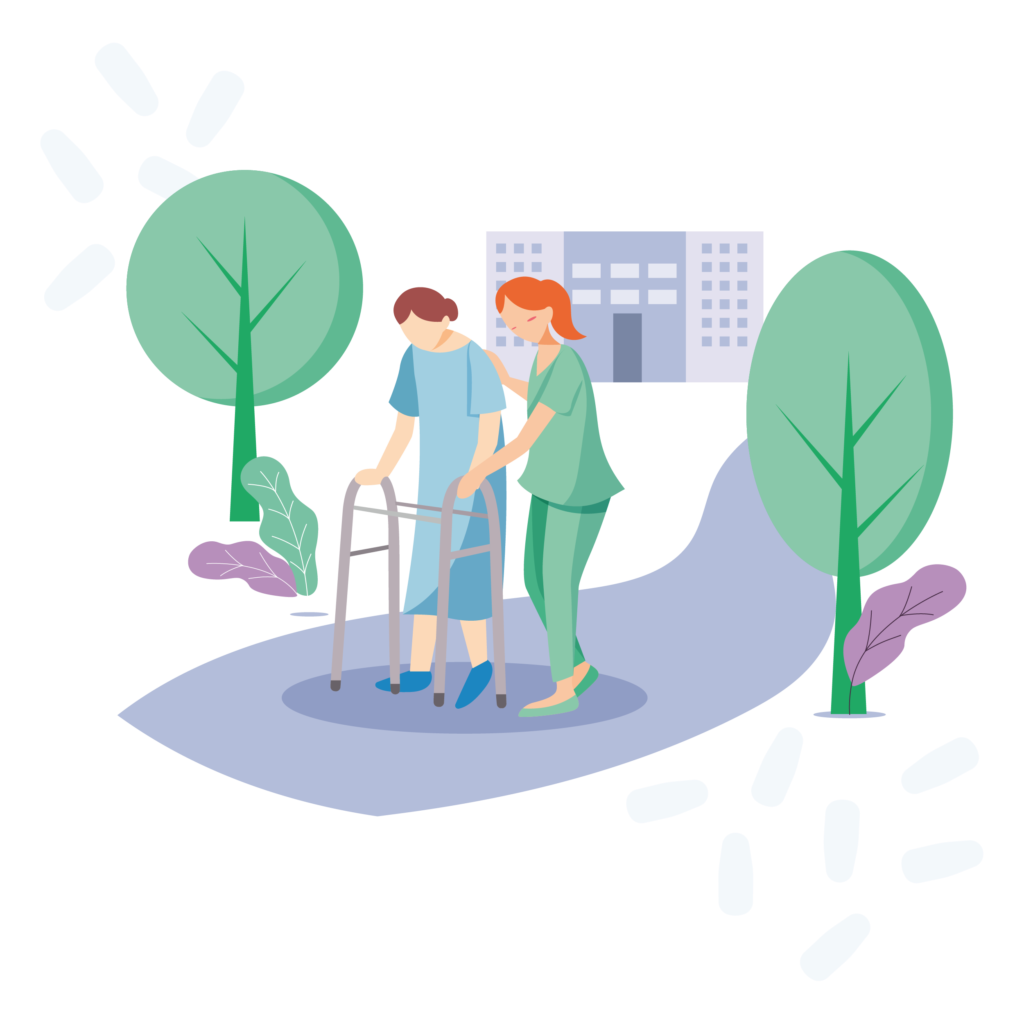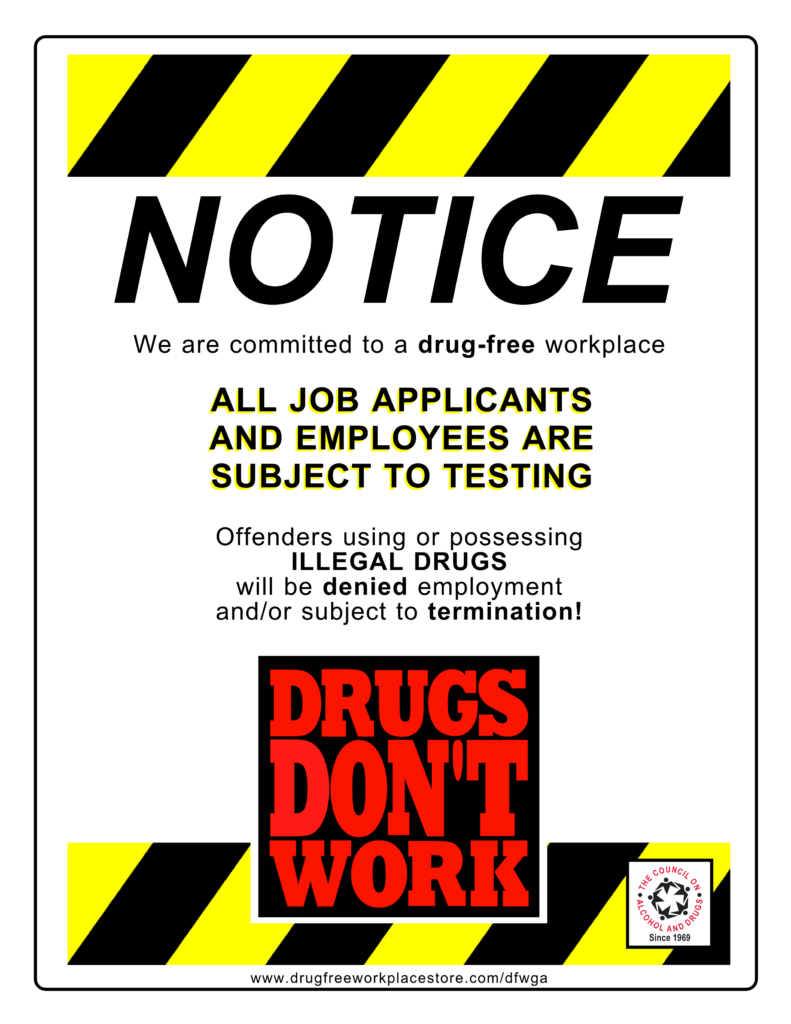
Every year, thousands of family members look for reliable and compassionate providers of stroke palliative care for their loved ones. Acute stroke, ischemic stroke, and hemorrhagic stroke are among some of the leading causes of death in America today. At Longleaf Hospice & Palliative Care, our doctors, nurses, and health professionals are experts in providing palliative care for stroke survivors.
We improve quality of life by providing family-centered care and imparting skilled nursing instructions to any immediate family member taking care of hospice care patients in acute rehab. Our palliative care specialists know that end-of-life care can be arduous, so we extend our support capabilities into areas of emotional and spiritual help for every patient and family.

When you book a free consultation with us, we will answer any questions you might have about Hospice Care, our services, and our team. We want to understand your loved one’s health condition. If they are eligible for Hospice care, we will work together to figure out the best plan for their unique needs.
Without enough blood to deliver nutrients and oxygen, your brain cells will begin to die within seconds. Immediate medical treatment is essential for minimizing and slowing the dying process of nerve and brain tissue for a stroke patient. The American Heart Association explains the distressing symptoms of a stroke can include:
At Longleaf, our palliative care specialists have years of experience providing specialized medical care for patients who can’t take care of themselves and the families who host them. Veteran nurses, doctors, and social workers compose our palliative care team, helping our clients contend with symptom management and informing them of life-sustaining treatment options. You can pair palliative medicine with curative treatment to maximize the quality of life for you and the patient.
Our palliative care team will assess the patient and educate you about symptomatology like visual impairment and memory loss, which might be long-term. Our stroke team will also explain the signs of probable critical events like brain swelling and atrial fibrillation, which require immediate attention from a healthcare provider.
Stroke victims require care providers that are experts in using a feeding tube and other therapies, drugs, and medical tools designed to ease them through their end-of-life stages. Our palliative care team prides itself on providing holistic health care. We are professionals in physical therapy, controlling high blood pressure, and selecting the correct medication to help our patients to manage pain.
Palliative care services are essential for victims of acute strokes, which fall under the ischemic and hemorrhagic stroke classifications. Doctors define it as the inadequate supply or total cutoff of blood flow to an area of the brain, resulting in a loss of oxygen and nutrients with catastrophic long-term consequences.
Acute strokes cause neuronal damage to thousands of people every year, and it’s the number one serious illness in the cerebrovascular realm. According to recent epidemiologic studies, acute strokes affect about 795,000 Americans every year, and around 185,000 are experiencing them for the second or third time because of a poor prognosis. Data from the WHO reveals five million people become permanently disabled from an acute stroke annually.
Our palliative care team treats the four dimensions of need for every stroke victim:
For family members of someone affected by a stroke, it can be very difficult to handle this situation. We recognize what you are going through. At Longleaf Hospice & Palliative Care, we understand the challenges of dealing with stroke patients and offer compassionate care for people living with the condition.
We provide palliative care services for stroke patients that includes pain management treatment plans, counseling sessions, and grief support groups. Our caring team is specially trained for helping families who have loved ones that have had a stroke.
You don’t have to go through this challenging time alone. Contact us today and let us help you navigate your loved one’s diagnosis.

According to the American Stroke Association, high blood pressure is asymptomatic and the leading risk factor for stroke. It’s not something you can fix with a heart transplant or by waiting for an organ donation.
Losing weight, frequent exercise, and transitioning to a healthy diet will help you keep normal blood pressure levels. Our palliative care professionals will assess your likelihood of developing another stroke in the future through ECGs and blood and urine tests.
Early palliative care from a qualified family caregiver can help you with a broad range of treatment aspects, which will improve your quality of life for the long term and counteract the effects of any serious illness for the patient.
Some of the most enduring effects of a severe stroke are trouble swallowing, inappropriate behavior, slurred speech, and visual problems. Many patients also have difficulty understanding words, remembering people and events, and experience frequent bouts of anger, confusion, and depression.
Unlike mini-stroke victims, sufferers of severe strokes have blockages and clots in their brains that don’t self-resolve, leaving them permanently disabled. Most of them never regain the normal function of numerous body parts. A severe stroke is usually the product of blood clots or when a blood vessel breaks and causes excess pressure to form in a region of the brain, damaging the surrounding tissue.
If you have a severe stroke victim on your hands, you need a palliative care provider with experience in oral and intravenous drug administration, antibiotic therapies, parenteral nutrition, and 24/7 monitoring. They should also recognize and attend to other factors, such as allergies, smoking, and diets that may increase the likelihood of a future stroke.
If you’re looking for a compassionate, expert hospice team to provide care services for your loved one, look no further than Longleaf Hospice & Palliative Care. Our healthcare professionals have years of experience providing quality care to patients and families facing serious illnesses.
With our 24/7 medical support, you can rest assured that your loved one will receive the best possible care around-the-clock. We will also regularly communicate with their doctor and family caregivers to keep everyone up to date on the patient’s health.
Don’t hesitate to call our Longleaf Hospice & Palliative Care team at 770-939-9179 to learn more about our palliative care services and other helpful information.

When you book a free consultation with us, we will answer any questions you might have about Hospice Care, our services, and our team. We want to understand your loved one’s health condition. If they are eligible for Hospice care, we will work together to figure out the best plan for their unique needs.
Temporary relief for the patient’s primary caregiver.
Our respite care options allow primary caregivers to take a break, reconnect, disconnect, or just tend to their individual needs.
Provided in a residential setting to ensure comfort and security.
Receive regularly scheduled visits to address the physical, emotional and spiritual needs of your loved ones in your preferred residential setting.
Simple pain and symptom management for families and patients.
Our goal for inpatient hospice care is to improve our patient’s quality of life. We also include the family in our care plan so that everyone receives the support they need.
Providing necessary comfort during a pain or symptom crisis.
We offer around-the-clock hospice care services to address the concerns of patients facing life-limiting conditions and provide support for their families.
Receive the support you need during the natural grieving process.
Our team consists of highly trained, kind, and professional members who deliver a care plan for alleviating the grieving process and improving quality of life.
Still have questions about the Care Options we have?
Our team of certified nurses is available for you. If you would like to ask a question, use this online form to contact one of our nurses.
COMMON CONDITIONS
ABOUT US
